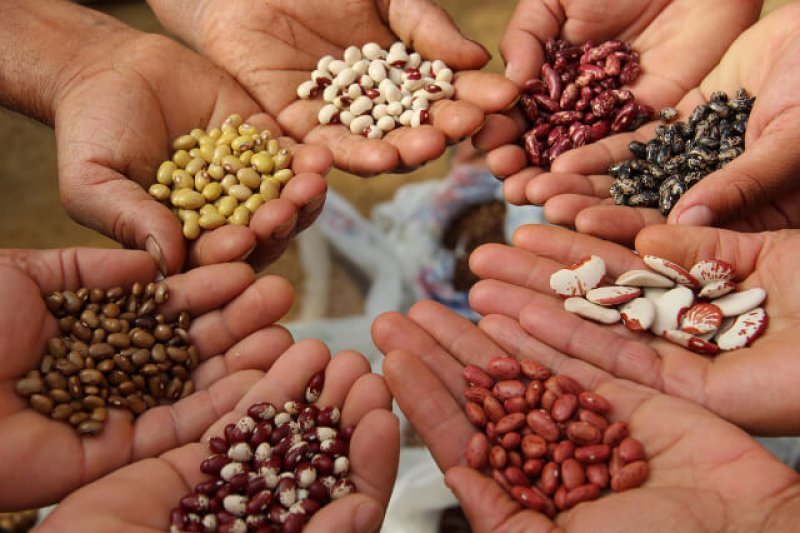Farmers across Tamil Nadu are calling for the introduction of improved seed varieties to enhance agricultural productivity and overcome the challenges posed by climate change, pest infestations, and inconsistent weather patterns. With increasing pressure on farmers to maintain high yields amid rising input costs, many are turning to modern seed technologies as a solution to achieve better results, especially in staple crops like paddy, millets, and pulses.
The demand for high-yielding, disease-resistant varieties is growing, as farmers face significant crop losses due to droughts, floods, and soil degradation. In particular, rice growers are seeking varieties that can withstand water stress and flooding, while pulses and millet farmers are looking for seeds that are drought-tolerant and suitable for the state’s semi-arid regions.
The introduction of genetically improved seeds, which are climate-resilient and offer higher resistance to pests and diseases, is seen as a critical step to boost productivity and stabilize incomes. Many farmers are also advocating for the widespread availability of certified seeds at affordable prices to ensure uniform quality and higher germination rates.
Additionally, the need for research and development in seed production is vital, with calls for greater collaboration between state agricultural universities, research institutions, and government agencies. Farmers are hopeful that the Agriculture Department will increase its focus on developing and distributing local varieties that are suited to Tamil Nadu’s unique agro-climatic conditions.
Improved seed varieties could not only enhance yields but also help farmers reduce dependency on chemical fertilizers and pesticides, thereby making farming more sustainable and cost-effective. As the demand for agriculture modernization continues to grow, the availability of high-quality seeds will play a crucial role in securing Tamil Nadu’s agricultural future and improving the livelihoods of farmers.









